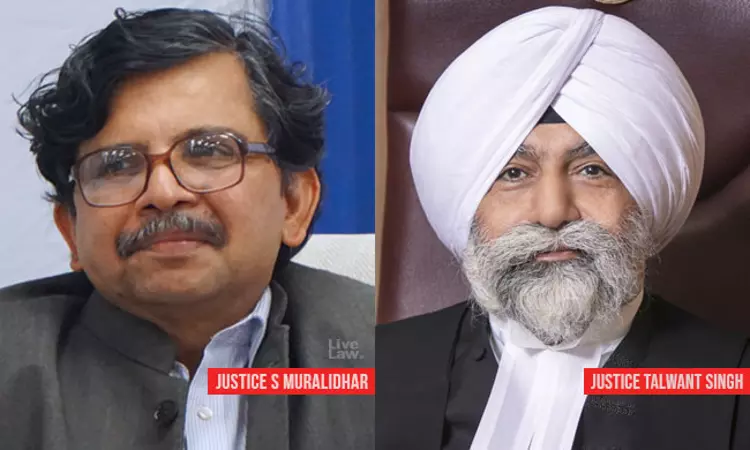For Inter-State Arrest, Police Must Follow Guidelines : Delhi High Court
Karan Tripathi
14 Jan 2020 10:00 PM IST

Next Story
14 Jan 2020 10:00 PM IST
The Delhi High Court has issued guidelines that must be followed by the police of one State, when they go to some other State or Union Territory, to effect an arrest while investigating a complaint or a First Information Report (FIR) disclosing a cognisable offence. A Division Bench of Justice Muralidhar and Justice Talwant Singh has asked Delhi Police to implement...
